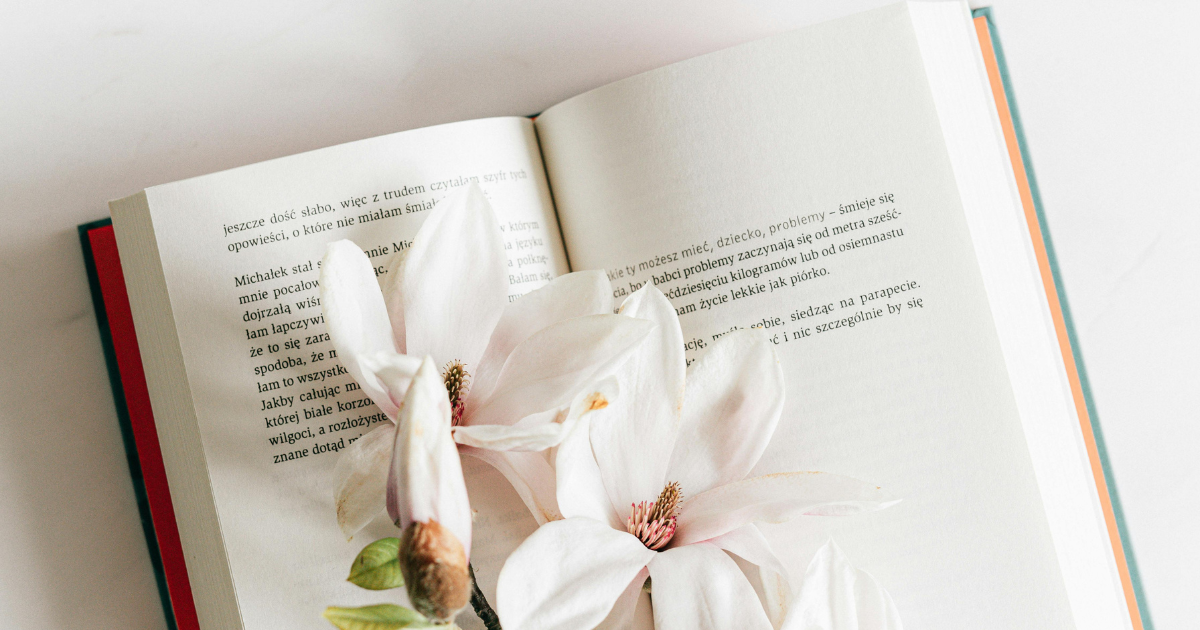Healing through books
And how they became medicine for the soul

Escapism seems to be taking on new forms in our digital world – and one of them is books. Where we once hid from our problems behind smartphone screens, endlessly scrolling through social media, today we increasingly turn to the pages of books, which open up entirely new worlds. It’s not just a desire to escape – it’s a search for answers to difficult questions we may be afraid to say out loud. This is where the story of bibliotherapy begins: the practice of conscious reading as support for mental health.
Bibliotherapy is not simply about reading – it’s a purposeful immersion into carefully chosen stories that help us cope with emotional challenges. Unlike casual reading, this practice prioritizes intention and precision. Imagine you're going through a difficult time – you’ve just moved to a new city or country, don’t know anyone, and feel lonely and lost. Instead of endlessly scrolling social media, you visit a bibliotherapist. They might recommend “Alone in Berlin” by Hans Fallada or “A Year by the Sea” by Joan Anderson. You sigh and ask, “Is there something more uplifting?” The therapist smiles and suggests “Where the Crawdads Sing” by Delia Owens or “Big Magic” by Elizabeth Gilbert. And just like that, the right story enters your life – becoming both companion and comfort.
How stories heal
The roots of bibliotherapy stretch deep into the past. The ancient Greeks were the first to recognize the healing power of literature, calling their libraries “medicine for the soul.” In the early 19th century, doctors began using books to treat mental disorders, and during the world wars, soldiers read novels to help process traumatic memories and physical injuries. In the 1960s, bibliotherapy was officially adopted by psychologists and educators. Today, the method is experiencing a resurgence across the world, celebrated for its simplicity and profound effectiveness.
There are several forms of bibliotherapy. Prescriptive bibliotherapy focuses on specific mental health issues like anxiety, depression, or stress – a reader is literally “prescribed” a book tailored to their situation. Creative bibliotherapy, on the other hand, relies on fiction and poetry to help readers identify with characters and experience catharsis through their stories. That’s why we often feel as though we’ve returned from a long journey after finishing a novel – tired, but cleansed.
In the UK, where the waiting time to see a therapist can stretch to six months, bibliotherapy has become a first step toward healing. And no wonder – studies show that just six minutes of reading can reduce stress by up to 68%. That means even a single short chapter can help us feel significantly better.
Words as anchors and lifelines
What’s remarkable is that bibliotherapy isn’t only effective for serious disorders – it also works for the everyday challenges we all face. It improves empathy, teaches us to recognize emotions in others, and helps us better handle our own feelings. Researchers in the U.S. found that reading fiction enhances our capacity for compassion. For instance, children who read the Harry Potter series were more likely to empathize with those facing hardship in real life.
Of course, it’s important to note that an ill-suited book can harm – it might trigger anxiety or sadness. That’s why awareness and careful selection, ideally with the help of a professional, are so crucial in bibliotherapy. Thankfully, book clubs and thematic reading groups now provide spaces to discuss and reflect, offering support and fresh perspectives.
I didn’t even know bibliotherapy existed until recently, and used to regard it with some skepticism. But I realized that many of us already use it instinctively, choosing certain books during difficult times. That’s what led me back to Haruki Murakami’s “Norwegian Wood” – I wanted to escape everything going on around me and immerse myself in a melancholic yet deeply honest world of memories, music, and musings on the fragile beauty of life.
In the end, if you haven’t visited the “hospital for the mind” – the library – in a while, I highly recommend dropping by. You might just find the book that, like a wise doctor, whispers: “I understand you. And everything will be okay.” Because, as a character in a Christopher Morley novel once said: “There is no one so grateful as the man to whom you have given just the book his soul needed and he never knew it.”


